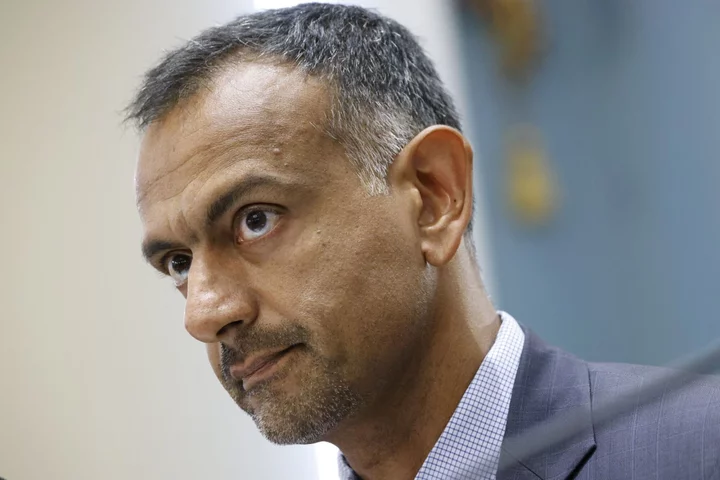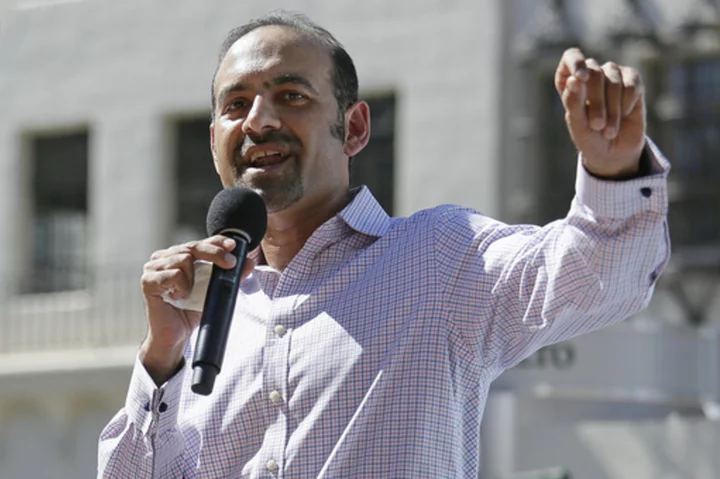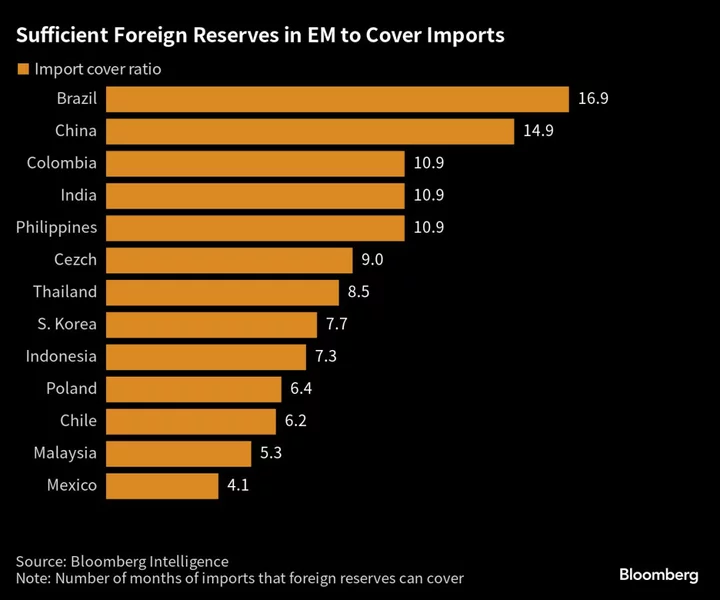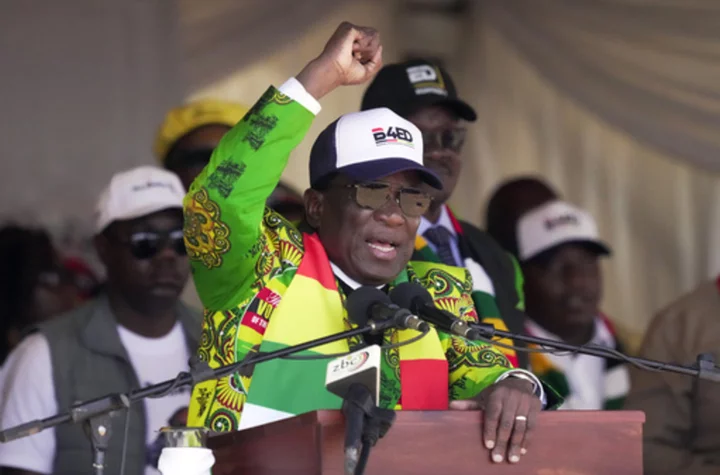State regulators from California to New Jersey demanded that Coinbase Global Inc. halt its staking service, posing fresh and local threats to the biggest US crypto exchange.
The moves by watchdogs across the country coincide with the Securities and Exchange Commission suing Coinbase on Tuesday for a range of alleged violations. Both federal and state officials drilled in on Coinbase’s staking program, which offers customers a return for letting their tokens be used to facilitate blockchain transactions.
Over the past year, crypto staking products, which can be highly lucrative for platforms, have become a flashpoint in fights over how to regulate cryptocurrencies. Although it’s not uncommon for state regulators to coordinate, Tuesday’s action stands out because of Coinbase’s heft in the market.
“The cryptocurrency securities market is not a free-for-all where companies can make up their own rules,” Shirley Emehelu, New Jersey’s Executive Assistant Attorney General, said in a statement.
Multiple state regulators emphasized that their moves did not prohibit Coinbase from offering staking securities, so long as it complies with state law.
“Our message to Coinbase is: Come on in, and tell us why you should keep operating” the staking products, Amanda Senn, Alabama’s securities regulator, said in an interview. Alabama issued the crypto exchange a show cause order, giving Coinbase 28 days to show why their staking products should not be banned in the state.
600,000 Accounts
California, where authorities say residents hold more than 600,000 Coinbase accounts that use staking, Maryland, and Wisconsin demanded the firm stop the service immediately and come into compliance with state laws.
Kentucky, New Jersey and South Carolina also issued cease and desist letters to the crypto trading platform. Others, including Alabama, Illinois and Washington, initiated legal action that didn’t immediately ban the service, giving Coinbase a chance to reply if they wanted to keep offering the product.
At the end of 2021, about $28.7 billion in crypto was committed to Coinbase’s staking program, according to the SEC’s complaint. California residents had at least $1.28 billion staked through Coinbase, according to that state’s regulator.
Earlier on Tuesday, SEC Chair Gary Gensler said on Bloomberg Television that his agency worked with 10 states to bring its case against the firm. The agency alleged in federal court that Coinbase skirted its rules for years by letting users trade numerous crypto tokens that were actually unregistered securities.
Both the SEC and multiple state regulators alleged that Coinbase’s staking service amounts to offering a security that should be registered with relevant authorities. The firm has long insisted that its program isn’t illegal.
On Tuesday, Coinbase’s Chief Legal Officer Paul Grewal said that the company is evaluating the different state actions and will comply with any orders it has received.
The firm will take advantage of processes states may have to seek more time or immediately challenge the allegations in court before products must be taken offline, Grewal said in an interview.
“We are confident these staking products and services are not securities and we will avail ourselves of every legal option in order to press that point,” he added.
State Patchwork
In addition to a cease and desist order, New Jersey’s securities regulator issued Coinbase a $5 million fine, and South Carolina’s issued a $4.3 million penalty.
Illinois’ Secretary of State’s Securities Department notified Coinbase that it will hold a public hearing on August 8 to determine whether it’ll permanently ban the crypto firm from offering and selling securities in the state.
“Because state securities regulators are independent sovereigns, they can do their own thing,” Urska Velikonja, a professor at Georgetown University Law Center, said in an interview. “You’re going to see a patchwork where some states will stay their case pending an SEC resolution, and some go their own way.”
--With assistance from Yueqi Yang and Sonali Basak.









